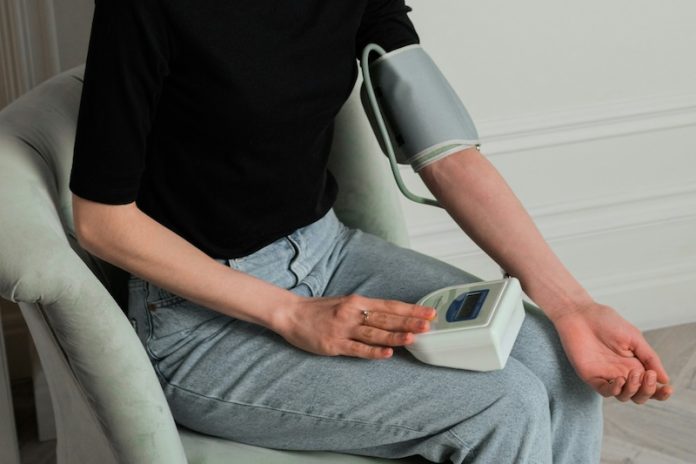
Recent research from the University of Gothenburg highlights a concerning issue: many people with high blood pressure, also known as hypertension, may not be receiving adequate treatment.
Hypertension is a leading cause of illness and premature death worldwide, making it a critical public health issue. In Sweden alone, more than a quarter of all adults suffer from this condition, which significantly increases the risk of serious health problems such as heart attacks and strokes.
Hypertension is a major risk factor for cardiovascular diseases, yet the optimal blood pressure levels for preventing heart attacks and strokes in certain groups of patients remain unclear.
Several studies conducted by the University of Gothenburg aimed to clarify this by examining the relationship between different blood pressure levels and the risk of these life-threatening events.
In one study, researchers focused on older patients with hypertension who had no previous history of heart attacks or strokes.
The findings were striking: patients with systolic blood pressure (SBP) below 130 mmHg had a 40% lower risk of heart attacks or strokes compared to those with SBP in the 130-139 mmHg range.
Specifically, 5.2% of patients with SBP between 130 and 139 mmHg experienced a heart attack or stroke during the study’s follow-up period, compared to only 3.4% of those with SBP below 130 mmHg.
This study included 5,041 older patients, providing robust evidence that stricter blood pressure control could significantly reduce the risk of these events.
Another study from the same research group examined the risk of hemorrhagic stroke—a type of stroke caused by bleeding in the brain—in patients with atrial fibrillation, a common heart rhythm disorder.
This study included 3,972 patients who were being treated with blood-thinning medications like Warfarin or Eliquis.
The results showed that patients with systolic blood pressure between 140 and 179 mmHg had twice the risk of hemorrhagic stroke compared to those with SBP in the 130-139 mmHg range.
In the higher blood pressure group, 1.4% of patients suffered a hemorrhagic stroke during the follow-up, compared to just 0.7% in the lower blood pressure group.
These findings further emphasize the importance of maintaining lower blood pressure levels to reduce the risk of serious complications.
A third study, which analyzed data from 259,753 patients, revealed that the treatment of hypertension is often insufficient.
The study found that nine out of ten patients either had poor blood pressure control, high blood cholesterol levels, or were smokers—factors that all contribute to an increased risk of heart attack and stroke.
The researchers concluded that an unnecessarily high number of people in Sweden suffer from heart attacks, strokes, or premature death due to inadequate treatment of hypertension.
These studies collectively suggest that many patients with hypertension could benefit from more aggressive treatment strategies.
Lowering blood pressure and cholesterol levels through medication, or making lifestyle changes such as quitting smoking, could significantly reduce the risk of heart attacks and strokes.
For those concerned about managing high blood pressure, it is crucial to stay informed about the latest research and treatment options.
While medication is often necessary, lifestyle changes such as a healthy diet, regular exercise, and avoiding smoking can also play a significant role in controlling blood pressure and improving overall health.
The research, led by Johan-Emil Bager and colleagues, was published in journals like Brain and Behavior.
These findings underscore the importance of effective hypertension management and suggest that more stringent blood pressure control could save lives by preventing heart attacks, strokes, and other related health problems.
If you care about high blood pressure, please read studies about unhealthy habits that may increase high blood pressure risk, and drinking green tea could help lower blood pressure.
For more information about high blood pressure, please see recent studies about what to eat or to avoid for high blood pressure, and 12 foods that lower blood pressure.
Copyright © 2024 Knowridge Science Report. All rights reserved.



